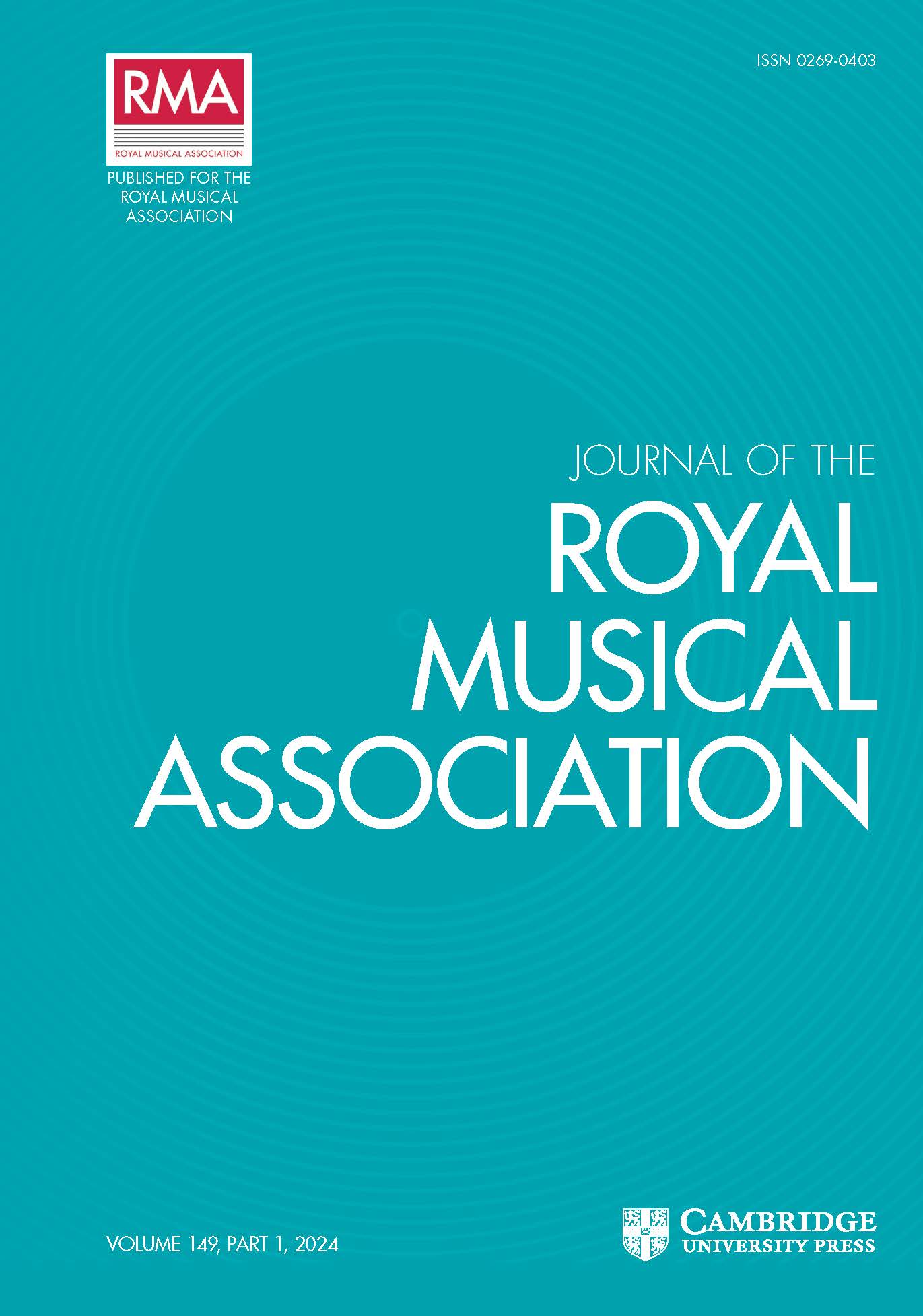The present round table emerged from a panel held in remembrance of Edward Said (1935–2003) at the 2013 American Musicological Society conference in Pittsburgh. More than ten years after his death and 35 years after the first publication of Orientalism,Footnote 1 the core dilemmas that animated Said's projects remain as vexed as ever: concerning war and peace in the Middle East; cultural displacement and ‘in-betweenness’;Footnote 2 colonial and postcolonial politics of representation; scholarly knowledge, ideology, power and responsibility. To say that his passing in 2003 was ‘untimely’ is an understatement considering his legacy's uncanny belated hold on global dilemmas in the early twenty-first century. We need only think of the imperilled Israeli–Palestinian peace process; the cultural ramifications of persistent military conflicts in and with the Middle East, Afghanistan, Pakistan and other Global South regions; the growing numbers of forcibly displaced people connected with these conflicts, which are of the largest scale in modern history;Footnote 3 and the ongoing fallout of the Great Recession, which has exacerbated contestations over the status of the university, public education and the role of the intellectual.
Given the breadth of his interventions, the transformative potential of Said's legacies would appear at once urgent and latent in music studies and beyond. Rather than surveying existing musical literature on postcoloniality or globalization, this round table turns to Said's speech and actions as specific provocations for scholarly reflection and change. This collection began by tending towards questions of historiography, power, close reading and representation – both as a disciplinary reaction to the initial AMS setting of the panel and as a response to Said's own roots in history, philology and philosophy. It has since broadened to address wider orientations and concerns, most notably with Martin Stokes's critical commentary on the disciplinary tensions underlying Said's surprisingly sparse reception in ethnomusicology.
All of the contributors maintain that Said's legacy has proved secure in music studies yet relatively circumscribed. More than his other writings, Orientalism has remained a touchstone for the discipline, providing a foundation for the rise of musical exoticism studies. As Sindhumathi Revuluri notes, this scholarship focuses primarily on representations of the foreign in European concert and opera repertories – a move that found kinship and confirmation in Said's own gravitation towards canonical musical works in his criticism. Yet, with a few exceptions, historical musicology has shown less investment in Orientalism's more radical claims about Europe's invention of the Orient through a tenacious discourse that knitted together imaginative representations and positivist scholarship in a world of material outcomes. This latter argument probes at the very foundations of the discipline, posing questions about how current musicology remains haunted by Orientalist origins (for example, as evident in ongoing disciplinary structures premissed on West/non-West divides). In a related vein, Stokes argues that Said's legacy leaves us with ‘unfinished business’, given the ongoing, disastrously crude public debates that respond to and orientate conflicts in and around the Middle East. Said's way of acting in the world unsettles complacent oppositions between ‘activism’ and ‘business as normal’ in the academy, just as his musical work raises the question of what positive or negative political outcomes ideas of the ‘musical human being’ make possible (as exemplified in musical non-governmental organizations in Israel/Palestine).
In imagining Said's legacy, this round table remembers who Said was – in a web of action, speech and practice – rather than stopping at what he ostensibly represented. We recall him arguing, listening, reading, conjuring memory, prophesying, organizing, exercising thought and critique. In my contribution, I suggest that Said's autobiographically charged lexicon of exile does more than just illuminate forced displacement per se; it also unsettles some of our most intimate scholarly objects and assumptions, including ideas of ‘public’, ‘history’ and ‘music’. Rachel Beckles Willson considers Said's deep predilections for European high-art repertory – seemingly restricted by the very eurocentric binaries he critiques – and situates their conditions for emergence in colonial Cairo. She then finds in his introspective childhood memories a fluid sensoriality that opens up more adventurous ways of dealing with musical experience, less constrained by the kinds of categorical discursive and visual regimes of knowledge exemplified by Orientalism. As Kofi Agawu observes, to apprehend Said the individual is not to buy into the canard of the ‘ironic’ or ‘contradictory’ Third World intellectual – a stereotype mobilized to denigrate postcolonial scholars for not being sufficiently ‘authentic’ to their origins. Rather, Said drew strength from a cosmopolitan practice of ‘contrapuntal’ reading: disregarding sanctified genre boundaries, he brought the most varied texts, media and cultural idioms into dialogue to destabilize colonial and racial hierarchies. His approach may be compared to the ‘deformation of mastery’ found in other diasporic intellectuals like W. E. B. Du Bois.Footnote 4 James R. Currie turns to Said's late-life exercises in recollection and prophecy, which might seem out of joint with the rest of his ‘secular’ practice. Following Theodor Adorno and Walter Benjamin, art emerges in Said's late writings as a means of auguring the future in a time of danger. This ethic intimates a radically different way of relating to music, history, politics and time's passage than much musicological thought would readily accommodate.
In addressing such relatively broad themes, all of the contributors also pay special attention to Said's expressive manner, tone and way of acting in the world. If Said's churning productivity in life reached an untimely end, then we must recognize that its afterlife depends on the slower temporalities of recursive memory and interpretation. For music studies, this round table therefore offers an attempt to continue the thread of conversation and change.


